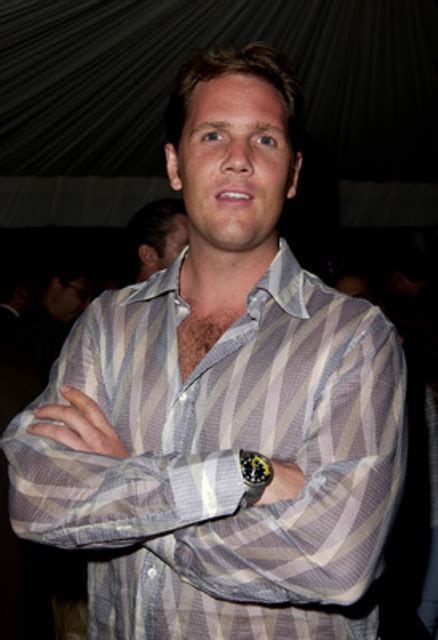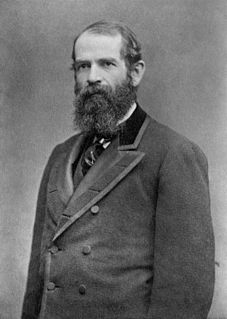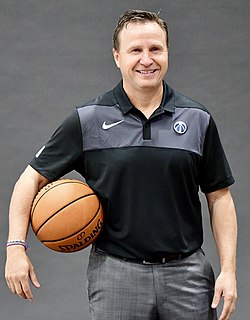A Quote by Geoffrey Hinton
Once your computer is pretending to be a neural net, you get it to be able to do a particular task by just showing it a whole lot of examples.
Related Quotes
You're all Buddhas, pretending not to be. You're all the Christ, pretending not to be. You're all Atman, pretending not to be. You're all love, pretending not to be. You're all one, pretending not to be. You're all Gurus, pretending not to be. You're all God, pretending not to be. When you're ready to stop pretending, then you're ready to just be the real you. That's your home.
One of the dangers about net-net investing is that if you buy a net-net that begins to lose money your net-net goes down and your capacity to be able to make a profit becomes less secure. So the trick is not necessarily to predict what the earnings are going to be but to have a clear conviction that the company isn't going bust and that your margin of safety will remain intact over time.
The first attempts to consider the behavior of so-called "random neural nets" in a systematic way have led to a series of problems concerned with relations between the "structure" and the "function" of such nets. The "structure" of a random net is not a clearly defined topological manifold such as could be used to describe a circuit with explicitly given connections. In a random neural net, one does not speak of "this" neuron synapsing on "that" one, but rather in terms of tendencies and probabilities associated with points or regions in the net.
When I use a direct manipulation system whether for text editing, drawing pictures, or creating and playing games I do think of myself not as using a computer but as doing the particular task. The computer is, in effect, invisible. The point cannot be overstressed: make the computer system invisible.
Poetry is related to philosophy as experience is related to empirical science. Experience makes us acquainted with the phenomenon in the particular and by means of examples, science embraces the whole of phenomena by means of general conceptions. So poetry seeks to make us acquainted with the Platonic Ideas through the particular and by means of examples. Philosophy aims at teaching, as a whole and in general, the inner nature of things which expresses itself in these. One sees even here that poetry bears more the character of youth, philosophy that of old age.
The important thing to know about playing to win and playing not to lose is that there are actually different neural networks that are being used. It's not very easy to do both at the same time and, if you are trying to have a playing to win mentality, you're going for it, there's some things that trip you up or trigger the wrong neural network. If you start worrying about your mistakes all of a sudden, if you get too focused on the facts and the details, these are going to shift your neural networks and sort of screw up your strategy.
People call me a theater actor, but I'm just an actor. But I tell my friends all the time - especially a lot that do theater and haven't done a lot of TV/film - that you have so much more control over your work onstage. When you go onstage, you can really see the difference between people who can really do it, and people who are just kind of pretending to do it. There is no editor, there's nothing that's going to stop the actor from showing what they can do unless it's not a well-written role.
I judge property myself by its net earning power; that is the only rule I have been able to get.... This whole island [Manhattan] was once bought for a few strings of beads. But now you will find this property valued by its earning power, by its rent power, and that is the way to value a railroad or telegraph.
When I watch TV, and TCM isn't on, I just switch channels and look at all the information about everything. The internet is perfect for that, which is why I didn't really want to get a computer in the first place. I thought, "If I have a computer and know about this whole Google thing, I am not going to be able to sit still for a second; I'm going to think about something and then have to look it up." I have never bought myself a computer or a phone, but guys in my life have bought them for me, for whatever reason. So now I have them.





































